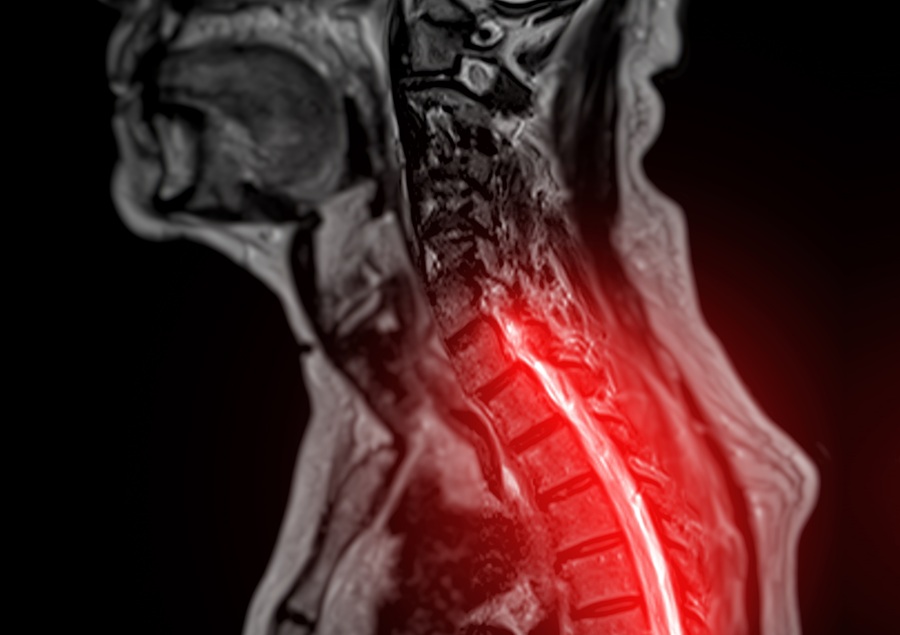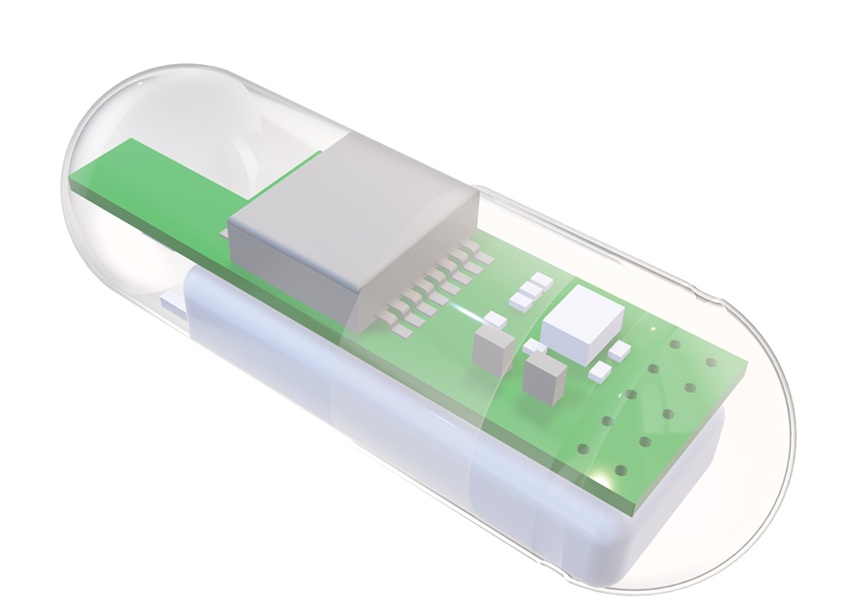Newly-Developed Enzyme Could Treat Mysterious Multisystem Complications of COVID-19
|
By HospiMedica International staff writers Posted on 11 Aug 2020 |
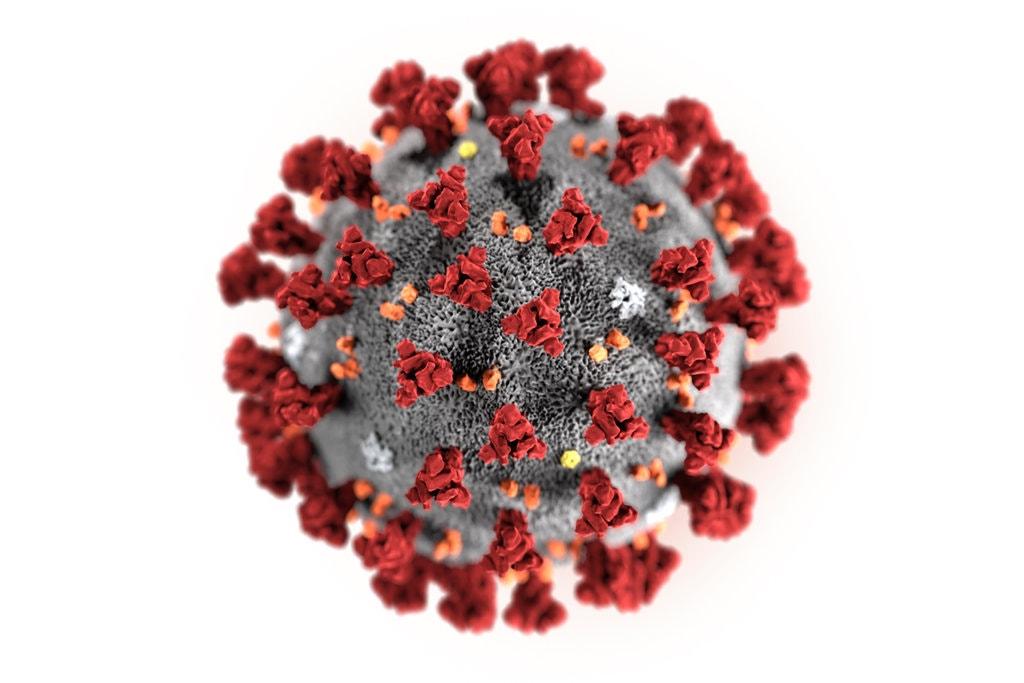
Illustration
Scientists have developed a first-in-class DNASE1L3 enzyme analog, NTR-441, that has the potential to rapidly and systemically clear neutrophil extracellular traps (NETs) for severe cases of COVID-19.
The enzyme has been developed by Neutrolis (Cambridge, MA, USA), a biotechnology company developing therapeutics that target neutrophils, the most abundant immune cells in the body. NTR-441, an engineered analog of the natural NET-destroying enzyme DNASE1L3, is the world's first investigational drug that can be systemically delivered to accurately target NETs.
NETs are a fundamental arm of the immune system and play an important role in chronic and acute diseases. NETs are sticky, web-like structures made of chromatin—DNA studded with structural proteins—and expelled by suicidal neutrophils. NETs block air sacs and blood vessels in the lungs, trigger hyperinflammation and blood clotting (thrombosis), potentially causing irreversible end-organ damage and death.
Several independent investigators have observed NETs in the lungs of autopsied COVID-19 patients, and observed that NETs biomarkers in patient blood correlate with the clinical severity of COVID-19. In patients with severe COVID-19, the circulating levels of DNASE1L3 are not adequate to counteract the rapid and systemic formation of NETs. NTR-441 has the potential to systemically clear NETs in the vasculature and end organs like the lungs in patients suffering from severe COVID-19.
"We believe NETs are the common factor that explains the mysterious multisystem complications of COVID-19," said Toby Fox, Ph.D., Chief Executive Officer and Co-Founder of Neutrolis. "Our lead compound, NTR-441, and other molecules from our Chromatinase platform are the only drugs currently in development that could systemically remove NETs from the body. Thanks in part to competitive funding from the National Institutes of Health (R43HL150944), we will test whether NTR-441 is effective in ARDS, the most lethal manifestation of COVID-19."
Related Links:
Neutrolis
The enzyme has been developed by Neutrolis (Cambridge, MA, USA), a biotechnology company developing therapeutics that target neutrophils, the most abundant immune cells in the body. NTR-441, an engineered analog of the natural NET-destroying enzyme DNASE1L3, is the world's first investigational drug that can be systemically delivered to accurately target NETs.
NETs are a fundamental arm of the immune system and play an important role in chronic and acute diseases. NETs are sticky, web-like structures made of chromatin—DNA studded with structural proteins—and expelled by suicidal neutrophils. NETs block air sacs and blood vessels in the lungs, trigger hyperinflammation and blood clotting (thrombosis), potentially causing irreversible end-organ damage and death.
Several independent investigators have observed NETs in the lungs of autopsied COVID-19 patients, and observed that NETs biomarkers in patient blood correlate with the clinical severity of COVID-19. In patients with severe COVID-19, the circulating levels of DNASE1L3 are not adequate to counteract the rapid and systemic formation of NETs. NTR-441 has the potential to systemically clear NETs in the vasculature and end organs like the lungs in patients suffering from severe COVID-19.
"We believe NETs are the common factor that explains the mysterious multisystem complications of COVID-19," said Toby Fox, Ph.D., Chief Executive Officer and Co-Founder of Neutrolis. "Our lead compound, NTR-441, and other molecules from our Chromatinase platform are the only drugs currently in development that could systemically remove NETs from the body. Thanks in part to competitive funding from the National Institutes of Health (R43HL150944), we will test whether NTR-441 is effective in ARDS, the most lethal manifestation of COVID-19."
Related Links:
Neutrolis
Latest COVID-19 News
- Low-Cost System Detects SARS-CoV-2 Virus in Hospital Air Using High-Tech Bubbles
- World's First Inhalable COVID-19 Vaccine Approved in China
- COVID-19 Vaccine Patch Fights SARS-CoV-2 Variants Better than Needles
- Blood Viscosity Testing Can Predict Risk of Death in Hospitalized COVID-19 Patients
- ‘Covid Computer’ Uses AI to Detect COVID-19 from Chest CT Scans
- MRI Lung-Imaging Technique Shows Cause of Long-COVID Symptoms
- Chest CT Scans of COVID-19 Patients Could Help Distinguish Between SARS-CoV-2 Variants
- Specialized MRI Detects Lung Abnormalities in Non-Hospitalized Long COVID Patients
- AI Algorithm Identifies Hospitalized Patients at Highest Risk of Dying From COVID-19
- Sweat Sensor Detects Key Biomarkers That Provide Early Warning of COVID-19 and Flu
- Study Assesses Impact of COVID-19 on Ventilation/Perfusion Scintigraphy
- CT Imaging Study Finds Vaccination Reduces Risk of COVID-19 Associated Pulmonary Embolism
- Third Day in Hospital a ‘Tipping Point’ in Severity of COVID-19 Pneumonia
- Longer Interval Between COVID-19 Vaccines Generates Up to Nine Times as Many Antibodies
- AI Model for Monitoring COVID-19 Predicts Mortality Within First 30 Days of Admission
- AI Predicts COVID Prognosis at Near-Expert Level Based Off CT Scans
Channels
Artificial Intelligence
view channelCritical Care
view channel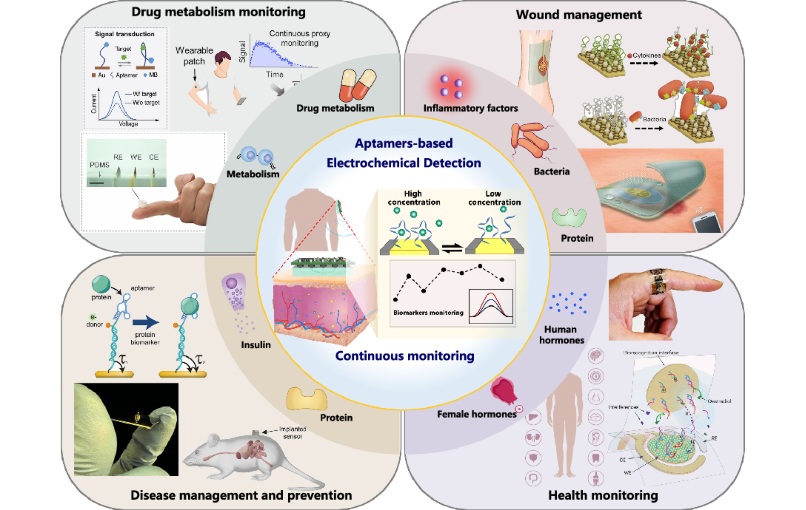
Aptamers Enable Real-Time Biomarker Tracking Without Blood Draws
Continuous monitoring of biomarkers is critical for early disease detection, treatment evaluation, and personalized health management. Yet most clinical tests still rely on invasive, single-point blood... Read more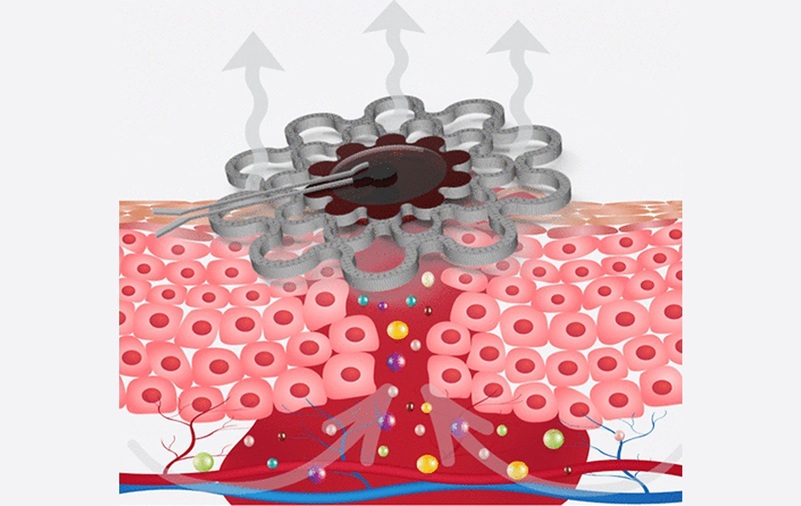
Specialized Dressing with Sensor Monitors pH Levels in Chronic Wounds
Any wound has the potential to become chronic, but the risk is significantly higher in individuals with certain medical conditions. Once a wound becomes chronic, healing slows, complications increase,... Read moreSurgical Techniques
view channel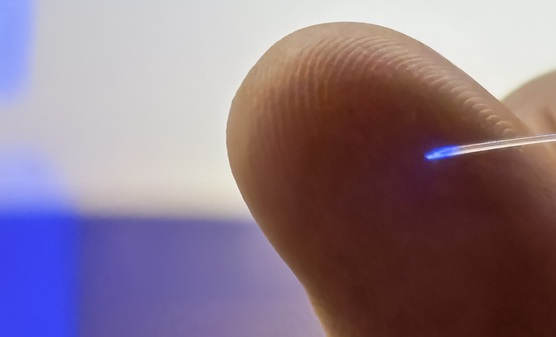
Brain Implant Records Neural Signals and Delivers Precise Medication
Neurological diseases such as epilepsy involve complex interactions across multiple layers of the brain, yet current implants can typically stimulate or record activity from only a single point.... Read moreAI-Based OCT Image Analysis Identifies High-Risk Plaques in Coronary Arteries
Lipid-rich plaques inside coronary arteries are strongly associated with heart attacks and other major cardiac events. While optical coherence tomography (OCT) provides detailed images of vessel structure... Read moreNeural Device Regrows Surrounding Skull After Brain Implantation
Placing electronic implants on the brain typically requires removing a portion of the skull, creating challenges for long-term access and safe closure. Current methods often involve temporarily replacing the skull or securing metal plates, which can lead to complications such as skin erosion and additional surgeries.... Read morePatient Care
view channel
Revolutionary Automatic IV-Line Flushing Device to Enhance Infusion Care
More than 80% of in-hospital patients receive intravenous (IV) therapy. Every dose of IV medicine delivered in a small volume (<250 mL) infusion bag should be followed by subsequent flushing to ensure... Read more
VR Training Tool Combats Contamination of Portable Medical Equipment
Healthcare-associated infections (HAIs) impact one in every 31 patients, cause nearly 100,000 deaths each year, and cost USD 28.4 billion in direct medical expenses. Notably, up to 75% of these infections... Read more
Portable Biosensor Platform to Reduce Hospital-Acquired Infections
Approximately 4 million patients in the European Union acquire healthcare-associated infections (HAIs) or nosocomial infections each year, with around 37,000 deaths directly resulting from these infections,... Read moreFirst-Of-Its-Kind Portable Germicidal Light Technology Disinfects High-Touch Clinical Surfaces in Seconds
Reducing healthcare-acquired infections (HAIs) remains a pressing issue within global healthcare systems. In the United States alone, 1.7 million patients contract HAIs annually, leading to approximately... Read moreHealth IT
view channel
EMR-Based Tool Predicts Graft Failure After Kidney Transplant
Kidney transplantation offers patients with end-stage kidney disease longer survival and better quality of life than dialysis, yet graft failure remains a major challenge. Although a successful transplant... Read more
Printable Molecule-Selective Nanoparticles Enable Mass Production of Wearable Biosensors
The future of medicine is likely to focus on the personalization of healthcare—understanding exactly what an individual requires and delivering the appropriate combination of nutrients, metabolites, and... Read moreBusiness
view channel
Medtronic to Acquire Coronary Artery Medtech Company CathWorks
Medtronic plc (Galway, Ireland) has announced that it will exercise its option to acquire CathWorks (Kfar Saba, Israel), a privately held medical device company, which aims to transform how coronary artery... Read more
Medtronic and Mindray Expand Strategic Partnership to Ambulatory Surgery Centers in the U.S.
Mindray North America and Medtronic have expanded their strategic partnership to bring integrated patient monitoring solutions to ambulatory surgery centers across the United States. The collaboration... Read more
FDA Clearance Expands Robotic Options for Minimally Invasive Heart Surgery
Cardiovascular disease remains the world’s leading cause of death, with nearly 18 million fatalities each year, and more than two million patients undergo open-heart surgery annually, most involving sternotomy.... Read more














